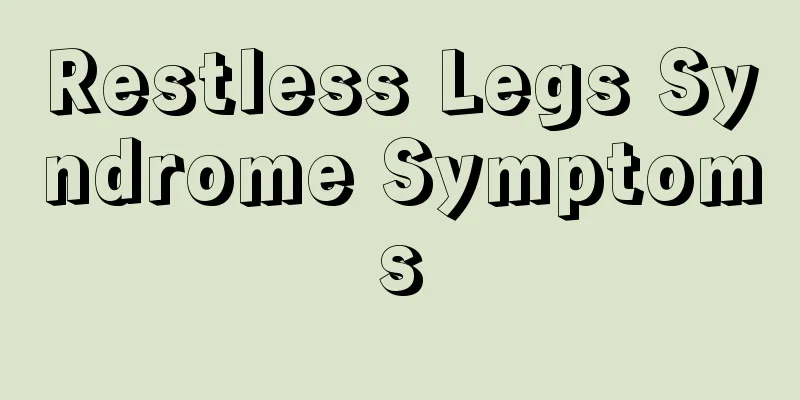What happens if an unmarried girl gets thyroid cancer? What should I do?

|
Thyroid cancer in unmarried women may be caused by oncogenes, genetic factors, environmental factors, dietary factors, exposure to ionizing radiation, etc. It is recommended that patients seek medical treatment in a timely manner, identify the cause of the disease, and take appropriate treatment measures under the guidance of a doctor. The specific analysis is as follows: 1. Oncogenes: The occurrence and development of thyroid cancer are affected by different oncogenes and growth factors. The deletion and mutation of proto-oncogenes can induce cancer. Genes generally associated with the onset of thyroid cancer include BRAF mutation, RAS mutation, and PET/PTC/PEK gene recombination. You can go to a local hospital for genetic testing and imaging examinations such as B-ultrasound and CT to determine whether you have a risk of cancer. If you do, you can intervene and treat it in time. 2. Genetic factors: Thyroid cancer has a familial tendency to occur. If there are elders or direct relatives in the family with familial adenomatous polyposis, Gardner syndrome, multiple hamartomas and other genetic diseases, the risk of thyroid cancer in children may increase. You can go to the local hospital for genetic counseling and gene testing. If there is a risk of cancer, early intervention can be carried out. 3. Environmental factors: If unmarried women live in a radiation-containing environment for a long time, the thyroid gland may be affected by radiation, causing gene mutations and increasing the risk of disease. They should stay away from radiation-containing environments and reduce the number of times they are exposed to radiation in their daily lives. 4. Dietary factors: If the patient has iodine deficiency for a long time, it will lead to insufficient thyroid secretion, goiter, compression of the trachea and breathing difficulties. If not treated in time, it is likely to increase the risk of thyroid cancer. The intake of iodine needs to be reasonable, and appropriate addition has certain benefits for the body. 5. Thyroid diseases: If the patient has hyperfunctioning goiter, thyroid adenoma, Hashimoto's thyroiditis and other diseases, if they are not treated in time or the condition gradually worsens, or even combined, the risk of cancer may increase. If there is an underlying disease, symptomatic treatment should be carried out immediately to control the disease to avoid increasing the risk of cancer. Patients diagnosed with thyroid cancer should actively cooperate with doctors for surgical treatment, removal of cancerous parts, postoperative radiotherapy, chemotherapy and targeted therapy to control the development of the disease. During treatment, keep a happy mood and avoid staying up late or drinking a lot. |
<<: What are the 6 early symptoms of stomach cancer in women
>>: Can niacinamide be used for breast cancer
Recommend
What do I need to prepare for a test tube?
For families who cannot conceive naturally, they ...
Someone asked me why mosquitoes don’t bite me?
Mosquitoes are the most annoying creatures in sum...
What are the causes of breast cancer?
Breast cancer is one of the most common malignant...
What causes purple lips
When something is wrong with our body, our lips c...
Is it good to filter water in the aquarium through activated carbon?
Fish is a very popular animal among people. There...
The benefits and effects of wearing pearls
Pearls are very familiar to many people. Pearls c...
Will I get sick if I swim in a swimming pool?
There are many people around us who are obsessed ...
What to eat for pharyngitis, these experiences are very valuable
The throat is the main gateway for foreign substa...
What to do if a brain tumor compresses the nerves? How long can you live if a brain tumor compresses the nerves?
Brain tumors can be benign or malignant. For some...
My feet are too fat, how can I make them thinner
A pair of slender and thin feet not only looks go...
What are the basic symptoms of lung cancer? You should know these basic symptoms of lung cancer
There are many angles to treat lung cancer, but i...
What exactly are joints?
Joints are an important part of the human body. J...
How long can an 80-year-old with colon cancer live
How long an 80-year-old colon cancer patient can ...
The efficacy of Gu wine
People who like to drink must know that there are...
The harm of waste plastic bags to the environment
Plastic bags can be found everywhere in our lives...









